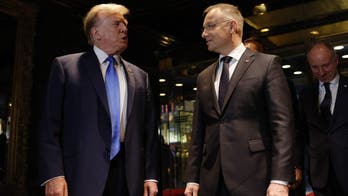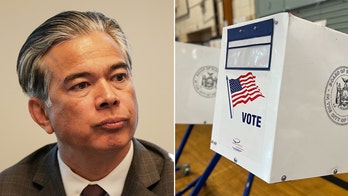The Senate overwhelmingly approved a change in the chamber’s rules on Thursday that puts an end to the practice of anonymously holding up legislation and nominees, an effort to break some of the partisan gridlock in Washington. By a vote of 92-4, senators agreed that once the leader moves to start debate on a bill or executive appointee, an automatic trigger kicks in publishing the name of any member who might otherwise be secretly mounting a blockade.
It is a practice that has kept scores of nominees and measures from ever seeing the light of day, and often times, the hold has nothing to do with its subject matter. Sens. Ron Wyden, D-Oreg., and Chuck Grassley, R-Iowa, have been trying for more than a decade to eliminate the privilege.
“Today’s vote was an important step forward in the fight to reform the way Washington does business. No longer will senators be able to hold up legislation anonymously. From now on, they’re going to have to own it,” Sen. Claire McCaskill, D-Mo., one of the measure’s cosponsors said after the vote.
Members originally sought to end this practice in 2007 with the passage of sweeping ethics reform measures, but the water always finds the cracks, as the saying goes. Senators found ways to secretly jam up the process by passing their so-called “hold” off to a colleague before their name would have to be disclosed per the rules.
With Thursday's change, any names associated with the blockade will be published within two days of the hold being placed.
In a related move, senators agreed to shrink the number of nominees who must be confirmed by the body, a 30% reduction of the 1,200 now forced into the confirmation process. These are noncontroversial positions on part-time advisory boards, as well as public affairs and policy-focused positions.
Senate leaders also struck a deal, a mere handshake agreement, to limit the number of filibusters while giving those in the minority more opportunities to offer amendments to legislation. It was a defeat, of sorts, for a group of Democrats who sought to force a change in the rules and essentially blunt the effect of a filibuster, but Senate Majority Leader Harry Reid, D-Nev., in annoucing the deal, held out the possibility that a forced change could come down the road, possible in the next Congress.
In addition, senators will no longer be able to force the reading of an amendment once it has been made available to the public for at least 72 hours.




